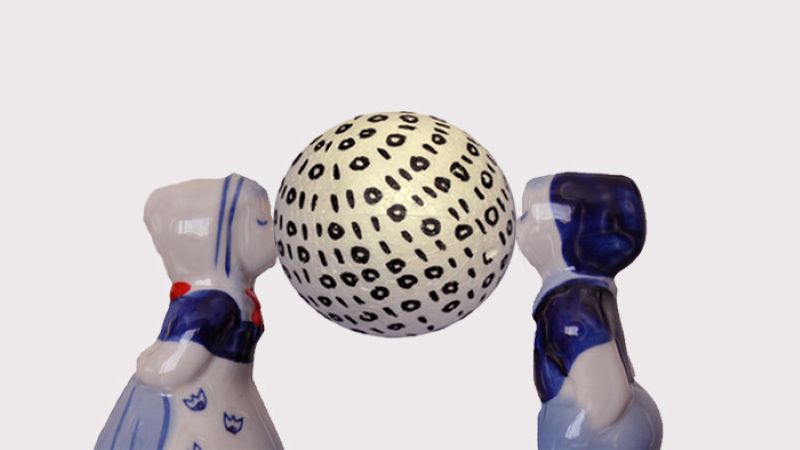RDNL Essentials 4 Data Support (English)

The Essentials 4 Data Support course aims to contribute to
professionalization of data supporters and coordination between them.
Data supporters are people who support researchers in storing, managing,
archiving and sharing thier research data.
Learning objectives
The name for the course – Essentials 4 Data Support – refers to the
main goal of the course: teaching the basic knowledge and skills (essentials)
to enable a data supporter to take the first steps towards supporting
researchers in storing, managing, archiving and sharing their research
data.
After the course, data supporters will have gained an insight into
the phases in the lifecycle of scientific research data. Points of
reference are given for each phase in order to advise researchers about
adding value to their research data. View this table to see which competences will be paid attention to in this course.
With this course we mainly aim to offer a community and starting point for data supporters to
meet and where they can benefit from each other’s newly gained
knowledge and skills. We think that supporting researchers in being
responsible for their research data is a team effort. IT staff, library
staff, data librarians and data specialists all play their parts. If
data supporters know where to find each other, everyone benefits – the
researcher in particular.
Research disciplines vary greatly and each requires a specific approach that is not offered in this course.
The course Essentials 4 Data Support was designed with the following competencies in mind:
| Competency | Explanation |
|---|---|
| Skillfully handles ICT | Efficiently uses available information technology. |
| Shows entrepeneurship | Aims to improve data services in response to changing needs in the field. Keeps an eye on trends which emerge in the profession, knows where knowledge is available (networks) and disseminates important information to key people in the organisation. Regularly inquires into perceived needs in the field, e.g. by using questionnaires, interviews or focus groups. Actively contributes to developments in the field by visiting or contributing to training sessions, conferences etc. |
| Sees from the whole | Acknowledges that data are only part of the scientific lifecycle and is aware of the significance research data have for carrying out scientific research. Sees data- and information services as part of larger whole in which decisions are made. |
| Consulting skills | Can handle questions skillfully. Knows when to give advice and when to refer question about data management to a dedicated expert (e.g. questions about data formats, data documentation, storage, data citation (persistent identifiers), writing a data management plan (DMP), intellectual property and funder requirements). Can emphatize with customer perceptions. Aks for feedback on his consulting skills and adjust his behaviour accordingly. |
| Co-operative skills | Examines how collaboration with others (employees, researchers, institutions) may enhance service provision. Acknowledges the necessity of a forum where data supporters can communicate and stand up together to make a fist when it comes to important themes like data policies, copyright and information-infrastructure. Takes responsibility for his contribution to these partnerships. |
Data Stewards
IT Professionals
Librarians
Research Support
Trainers
CC-BY
Interactive
Video
Página Internet